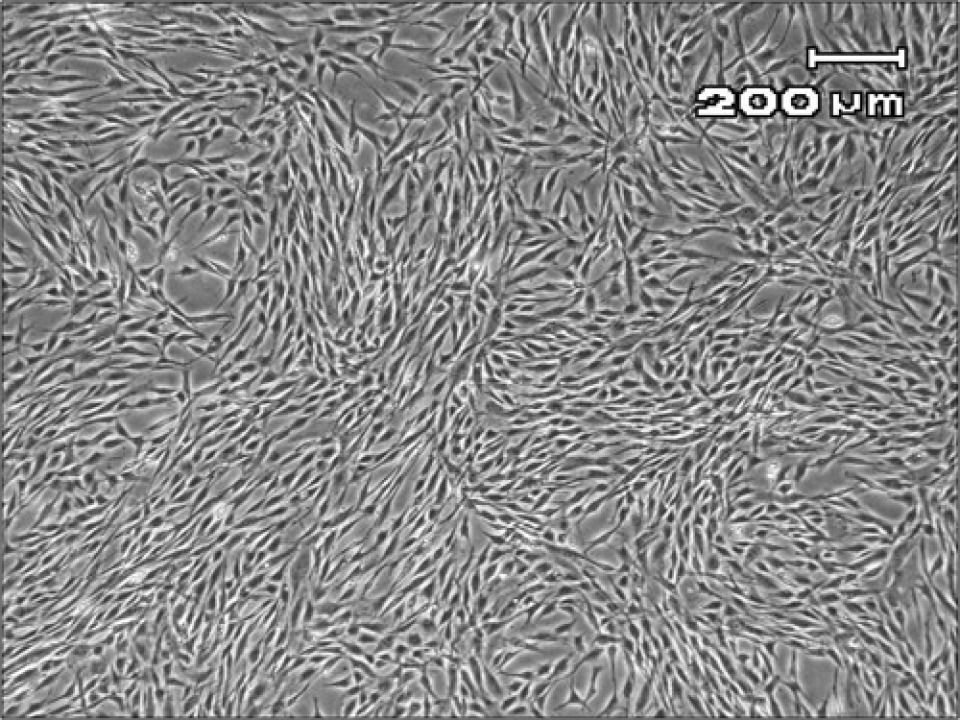MSCs
MSCs stand for mesenchymal stem cells. MSCs are one of the adult stem cells found in human bone marrow, adipose tissue (fat), the umbilical cord, and the synovium (tissue around joints).
It can be differentiated into bone, cartilage, tendon, adipocytes, and nerve cells.
Because of its differentiation capacity, the number of patients with diversified disease profiles treated by MSCs transplantation is expected to be very large.
In addition to their differentiation capacities, MSCs have immunomodulative activities like secretion of anti-inflammatory cytokines.
Because MSCs are the stem cells found in adults, they have the advantage of lower bioethical hurdles than embryonic stem cells (ES cells), which use embryos. It also has the advantage of being safer than the ES cells or iPS cells because cancer risk with MSCs is lower than with other cell types.
However, the abundance of MSCs is only 1 in 10000 ~ 100000 bone marrow cells, and it further decreases with age.
Therefore, obtaining a large amount of bone marrow fluid is necessary to get enough MSCs for transplantation.
In addition, during conventional in vitro culture of MSCs using the human and bovine serum, the proliferation capacity and pluripotency of MSCs are likely to be decreased, making it difficult to secure sufficient the number of cells required for treatment.
Therefore, TWOCELLS has developed a unique culture method (using the STK series serum-free media for MSCs) that dramatically increases the proliferation of MSCs while maintaining their differentiation potentials.
In this way, TWOCELLS continues various research and development projects to develop and disseminate “regenerative medicine using MSCs.”


